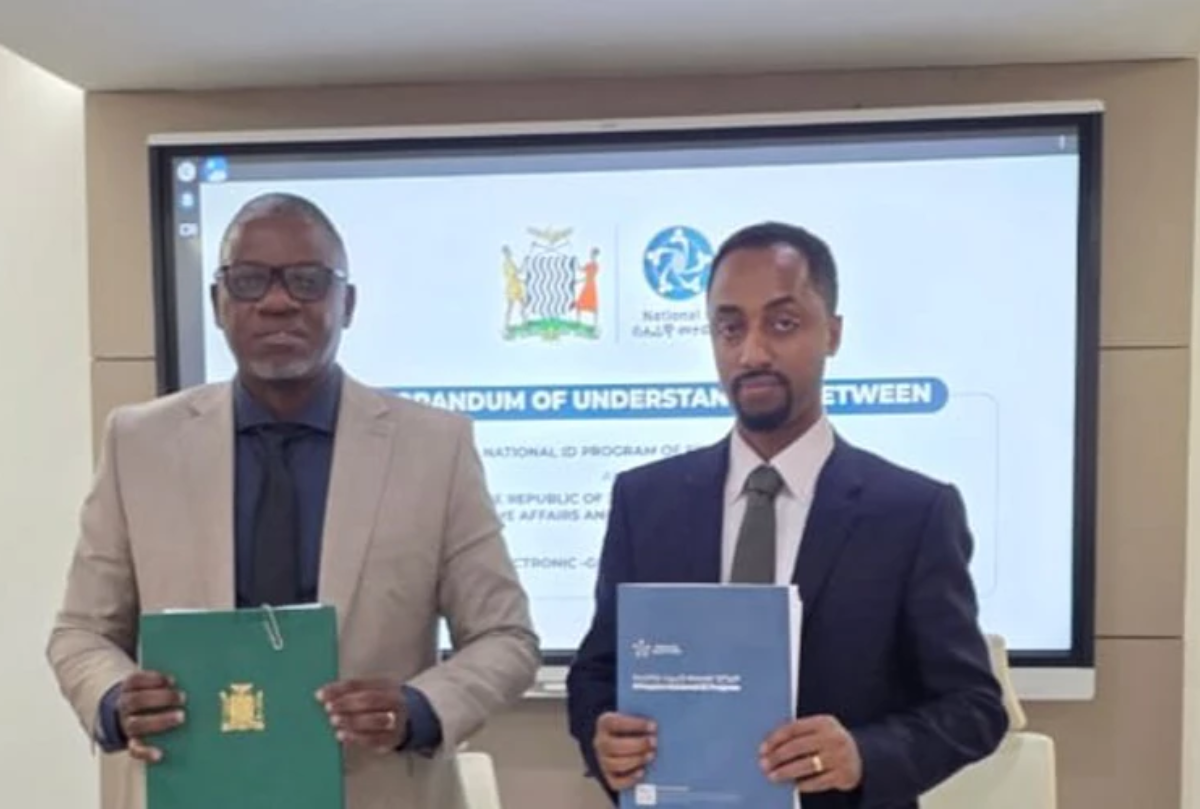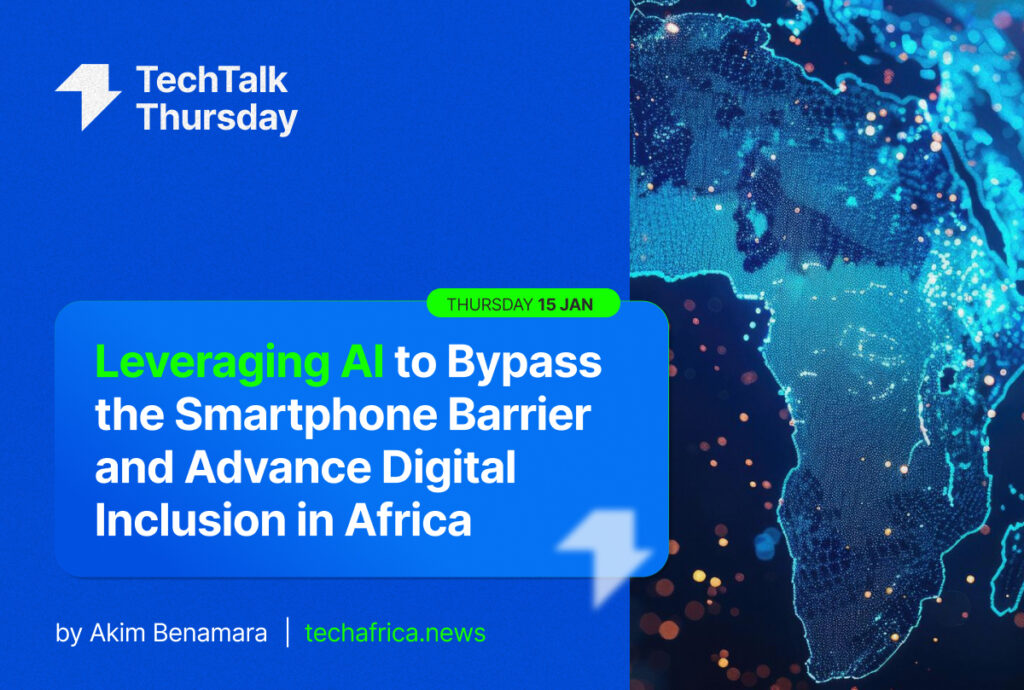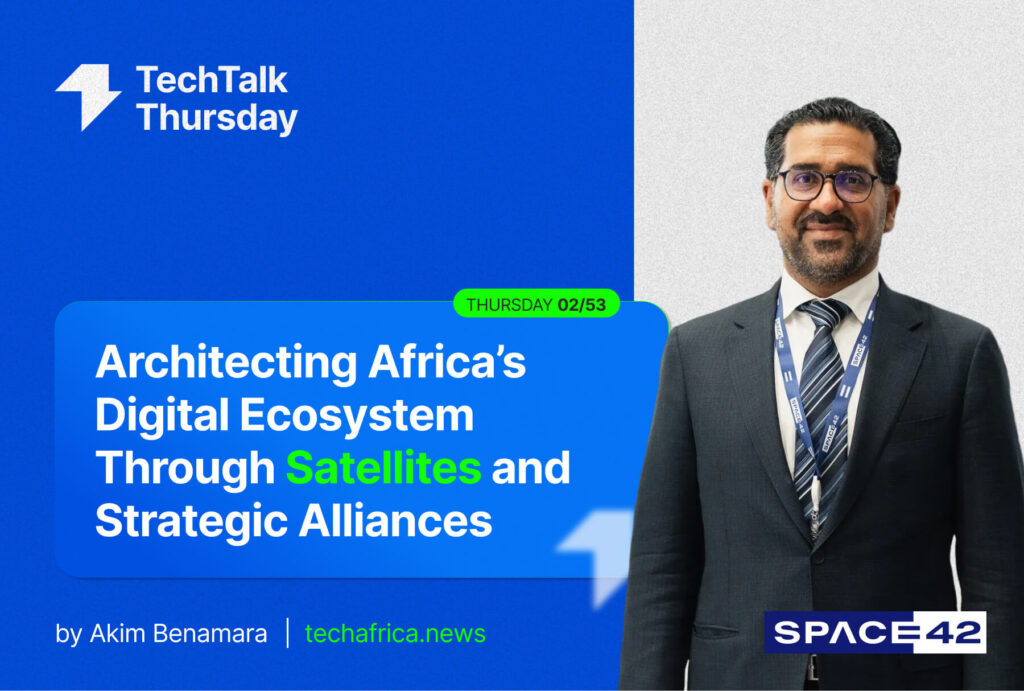Zambia and Ethiopia Forge Strategic Partnership to Build Secure and Inclusive Digital ID Systems
This partnership marks not only a new chapter in South–South collaboration, but also a powerful example of how African countries are taking leadership in designing and governing their digital futures—anchored in trust, inclusion, and shared progress.

The Governments of Zambia and Ethiopia have formalized a groundbreaking partnership to jointly design and implement secure, inclusive, and interoperable digital identity systems, marking a major milestone in Africa’s digital transformation journey. The cooperation agreement, signed in Addis Ababa by the Ministry of Home Affairs and Internal Security of Zambia, the Smart Zambia Institute, and Ethiopia’s National ID Program (NIDP), establishes a framework for technical collaboration, knowledge exchange, and shared innovation in developing robust national digital identity systems. The initiative forms part of Zambia’s Digital Zambia Acceleration Project (DZAP) and Ethiopia’s Digital ID for Inclusion and Services Project, both supported by the World Bank.
The partnership stems from a shared recognition of a central challenge: the absence of trusted digital identity systems that enable citizens to access digital services securely and conveniently. For Zambia, this marks a critical step in consolidating fragmented government systems and ensuring that all citizens can participate fully in the digital economy.
Through the new collaboration, the two countries will share best practices and technical expertise, drawing on Zambia’s progress in digital payments and e-government services and Ethiopia’s leadership in foundational ID systems. Zambia’s ZamPortal—a government e-services platform—has already transformed access to public services such as immigration, land registration, and vehicle licensing. Meanwhile, Ethiopia’s Fayda Digital ID has become a model for open, scalable, and interoperable digital identity architecture.
The partnership aims to accelerate development of homegrown, interoperable digital ID systems across Africa. Both governments have agreed to collaborate on tackling common challenges, including expanding ID access to underserved communities, improving digital literacy, and ensuring data protection and cybersecurity. The initiative also places strong emphasis on digital sovereignty, ensuring that African nations retain ownership and control of their core digital infrastructure and data governance systems.
The cooperation supports the goals of Agenda 2063, the African Union’s vision for a digitally integrated and connected continent. By working together, Zambia and Ethiopia are positioning themselves as pioneers in regional digital cooperation, setting a precedent for mutual learning and collective capacity building in digital public infrastructure (DPI).
The World Bank continues to play a key role in supporting both nations through projects that strengthen digital identity, connectivity, payments, and data exchange systems—the foundational building blocks of inclusive digital economies. Under the Digital Zambia Acceleration Project (DZAP) and Ethiopia’s Digital ID for Inclusion and Services Project, the Bank’s support focuses on fostering open, secure, and sustainable systems that ensure digital transformation benefits all citizens.
This partnership marks not only a new chapter in South–South collaboration, but also a powerful example of how African countries are taking leadership in designing and governing their digital futures—anchored in trust, inclusion, and shared progress.






